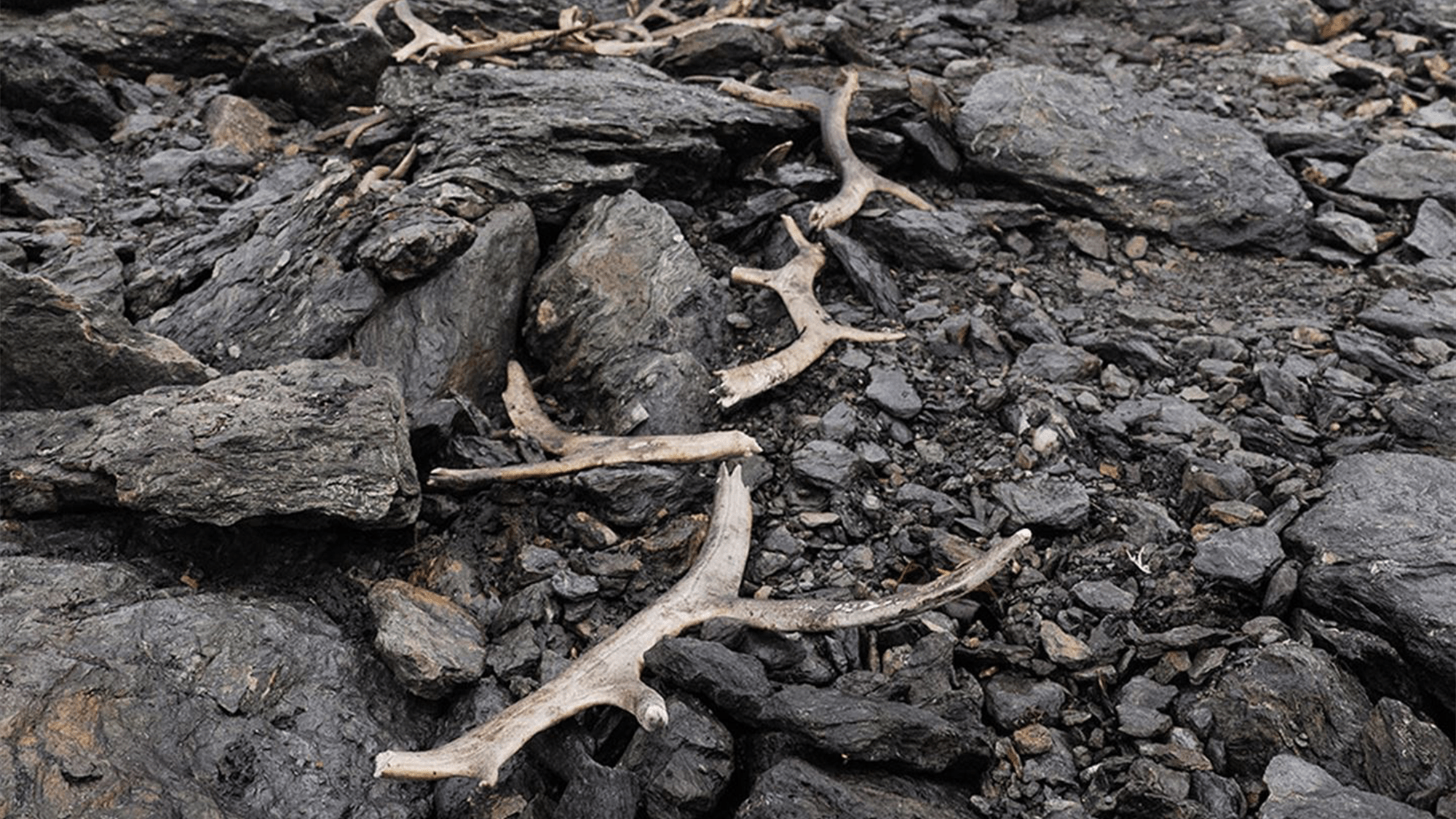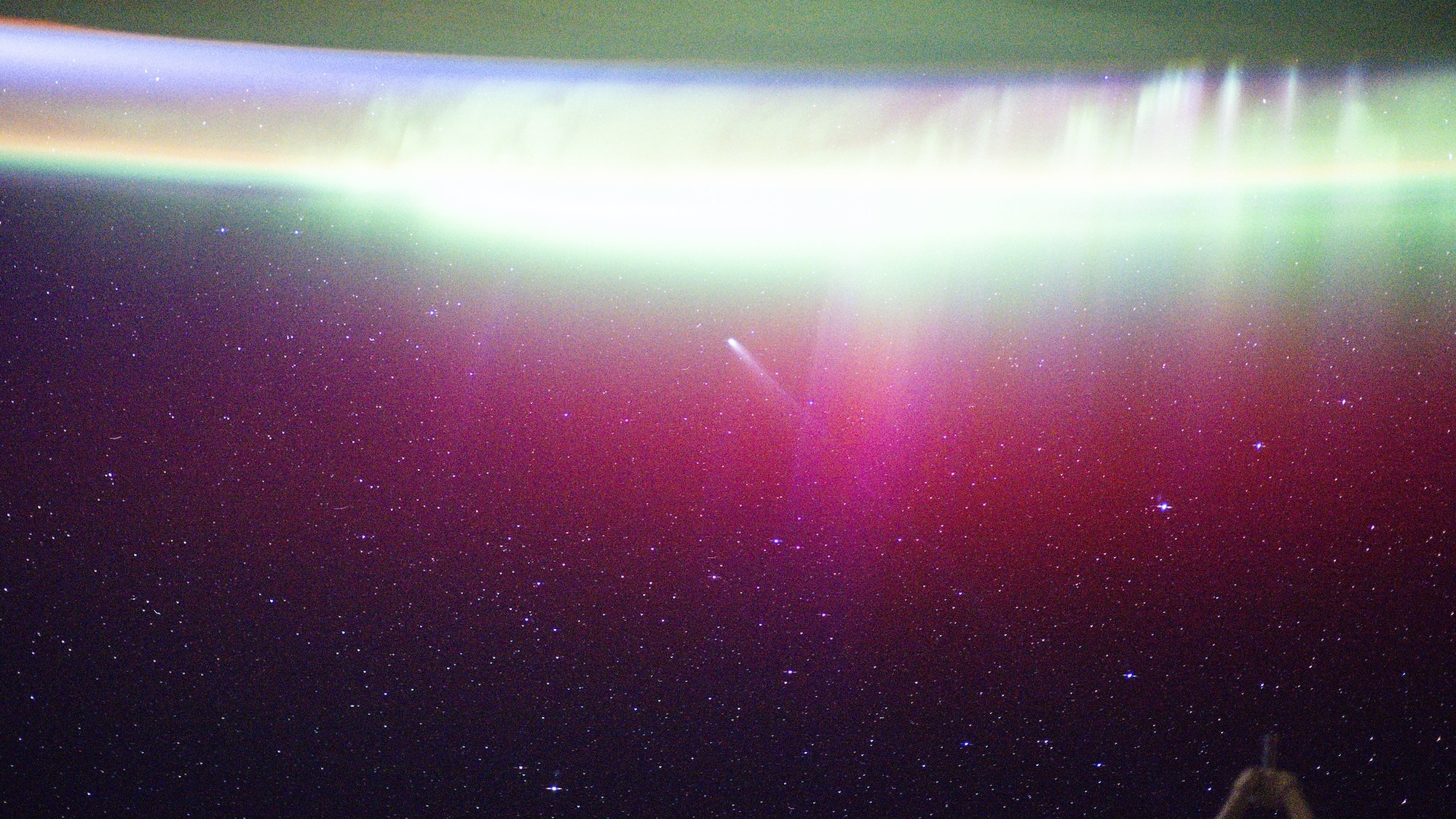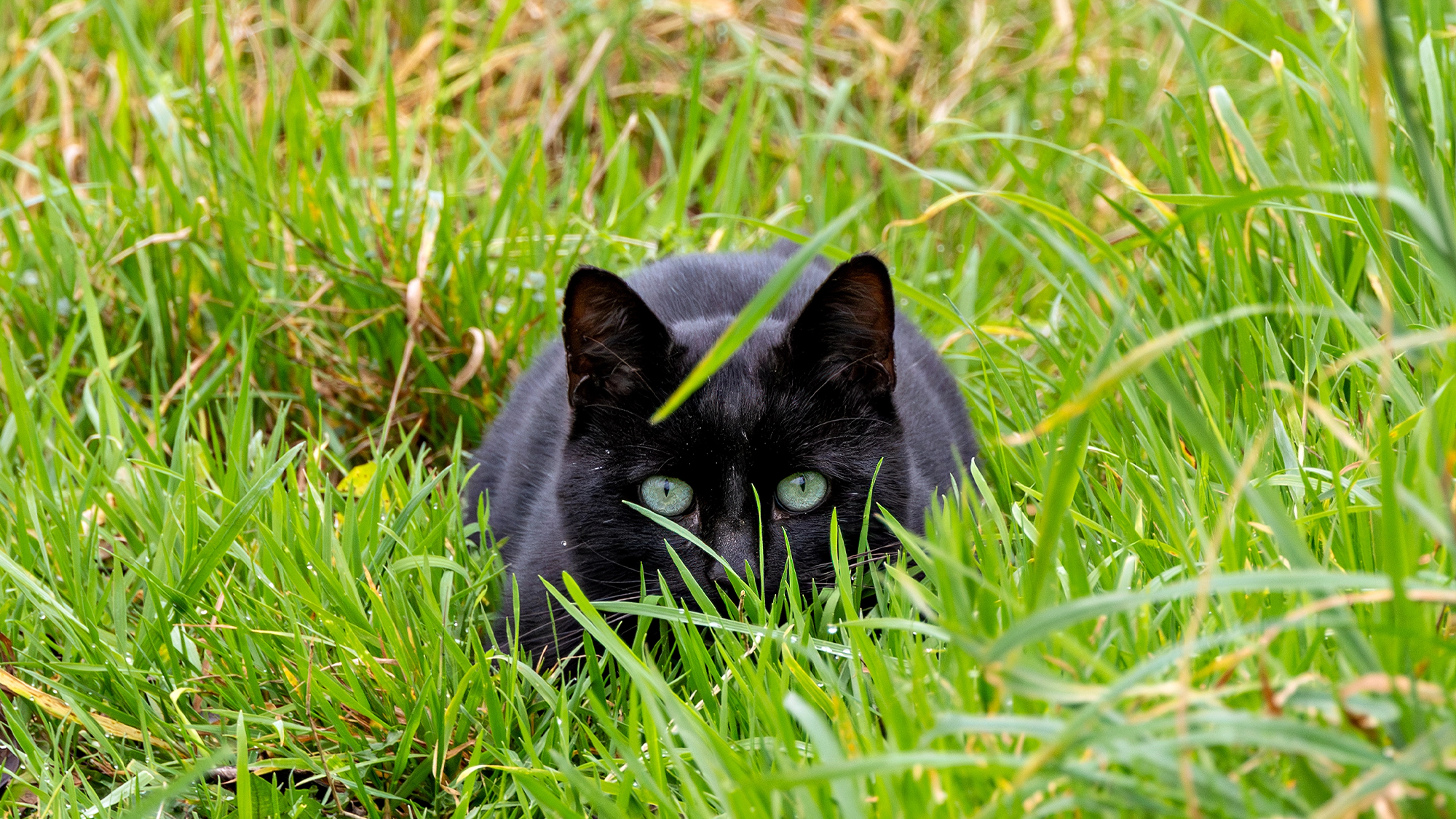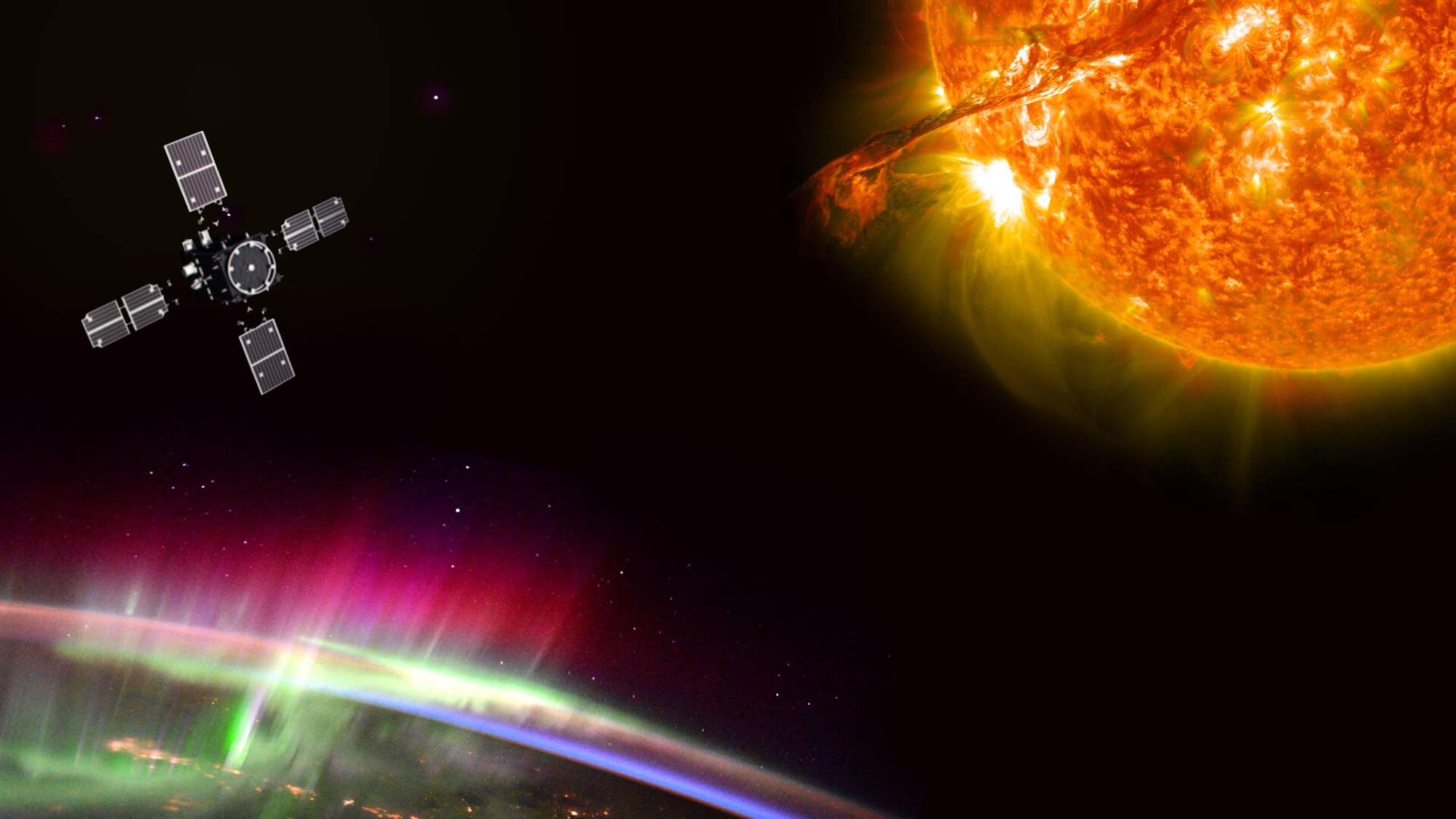Moss survived 283 days in space, shocking biologists
PositiveScience
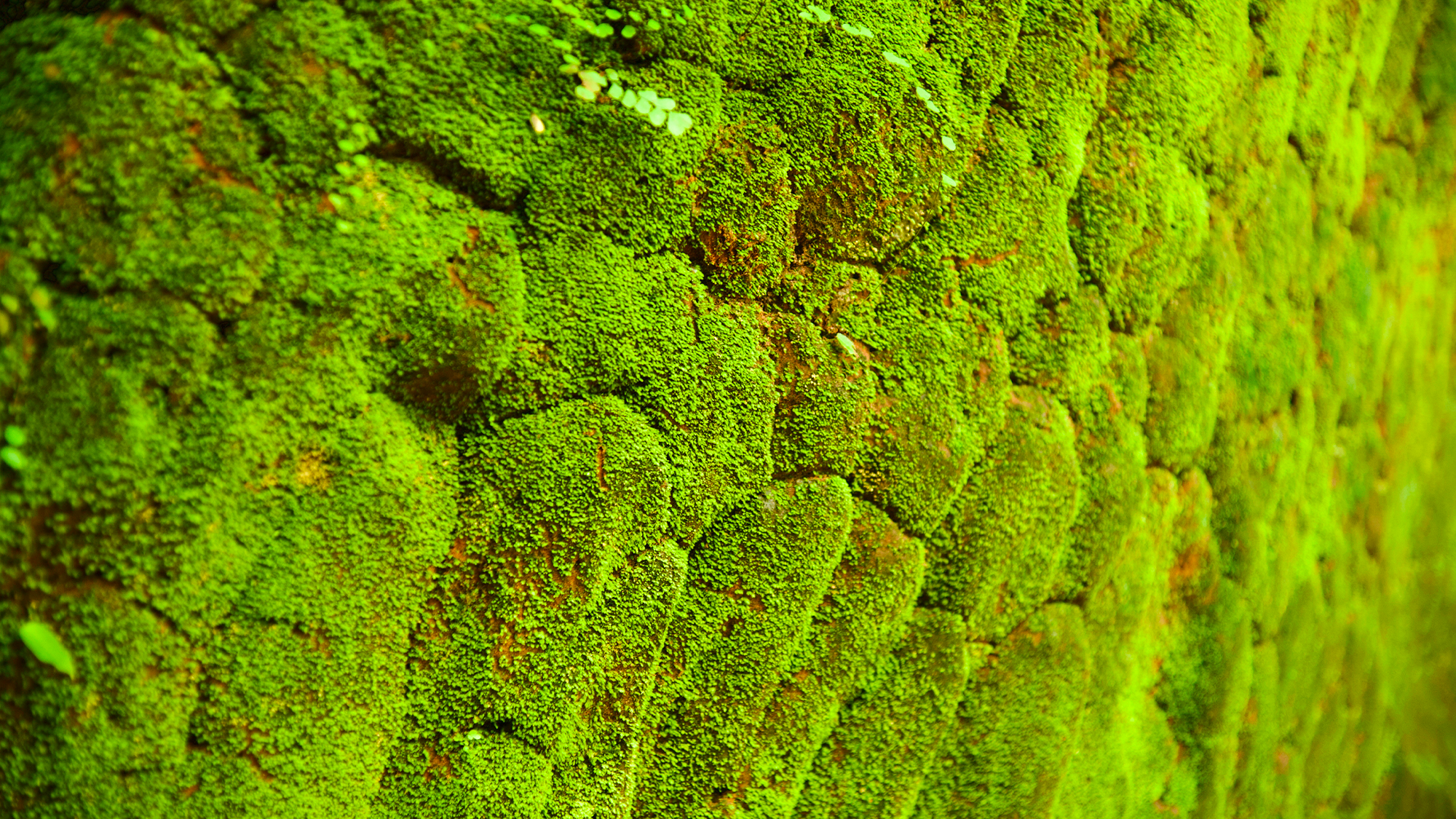
- Moss has demonstrated its resilience by surviving 283 days in space, astonishing biologists and showcasing its ability to endure extreme conditions. This achievement highlights the plant's remarkable adaptability and survival skills.
- The survival of moss in space could have significant implications for future biological research and the potential for life in extraterrestrial environments, emphasizing the importance of studying extremophiles in understanding life's resilience.
— via World Pulse Now AI Editorial System

